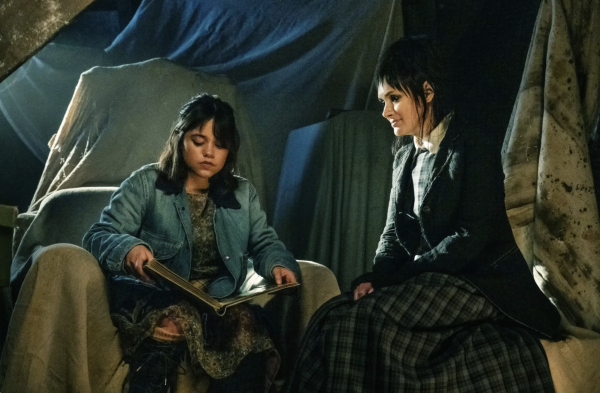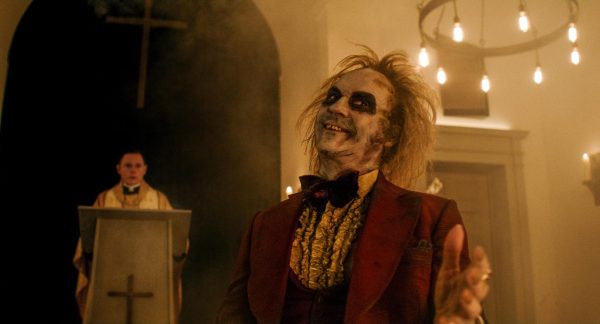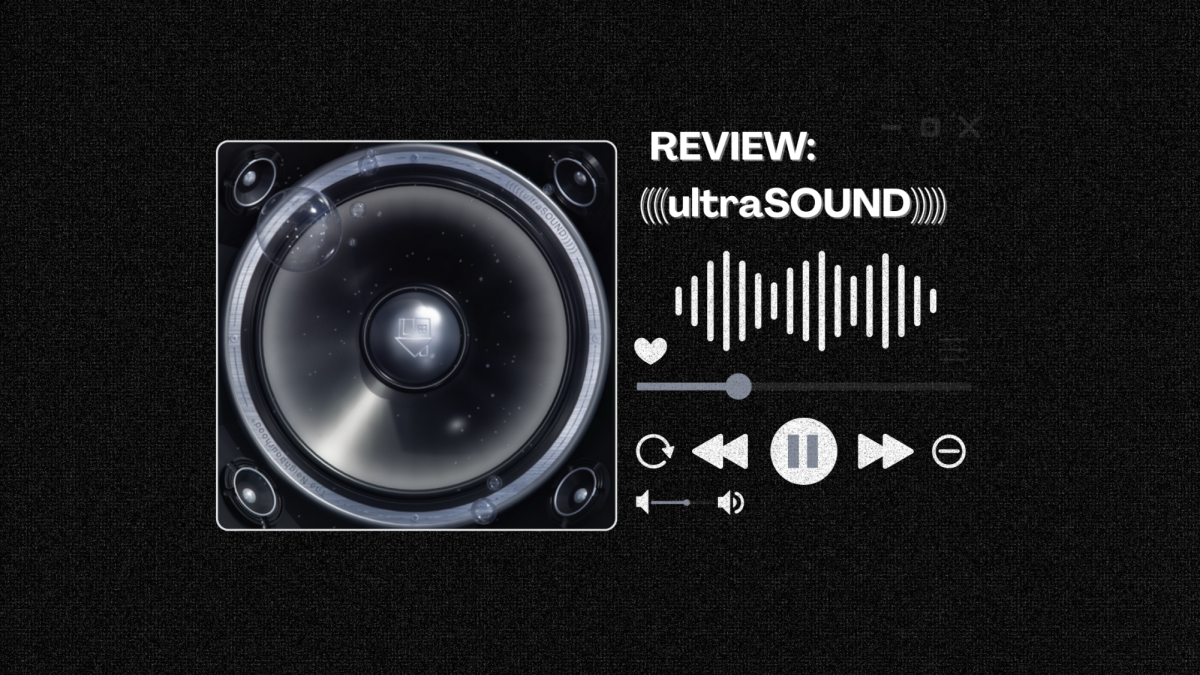Editor’s Note: Light spoilers below
Director Tim Burton made his triumphant return to the big screen with “Beetlejuice Beetlejuice,” the long-awaited sequel to his 1988 film “Beetlejuice.”
Despite the over three-decade gap since the original film’s release and numerous delays in production, “Beetlejuice Beetlejuice” captures the same magic that made “Beetlejuice” a cult classic. The movie combines Keaton’s referential humor and Burton’s macabre aesthetic to delight older fans and attract new audiences to the franchise.
Much of the original cast returned to reprise their former roles, including Michael Keaton as the titular “trickster demon” Betelgeuse. Yet writers Alfred Gough, Miles Millar and Seth Grahame-Smith, newcomers to the Beetlejuice franchise, have opted for a different take on the afterlife.
The plot of this film centers not on Betelgeuse, but rather on the mother-daughter relationships among three generations of Deetz women.
Winona Ryder and Catherine O’Hara once again deliver captivating performances as Lydia and stepmother Delia Deetz, but the clear standout is newcomer Jenna Ortega as Astrid Deetz, Lydia’s temperamental teenage daughter.
Audiences are reintroduced to the “strange and unusual” Lydia as an adult, whose ability to speak with ghosts has been monetized in a talk show that has made her a minor celebrity.
RELATED: Back to the 80s: ‘Beetlejuice’
Astrid is skeptical in the first act, believing her mother’s ‘talent’ to be a performance for television. Their connection is further strained by the offscreen death of Astrid’s father, whom Lydia claims is the one ghost she has not seen in the mortal plane.
The catalyst to Astrid’s character development and reconciliation with Lydia is her discovery that she, too, has the ability to converse with ghosts. This realization allows Astrid to better understand Lydia and begin processing her grief over her father.

Underneath the veil of campy, supernatural whimsy is a raw and universal experience: the realization that our parents are people, who face the same fears and insecurities we do.
A shared anxiety among moviegoers and Beetlejuice fans was the worry that modern-day Computer-Generated Imagery would dull Burton’s signature aesthetic. Burton’s movies are known for their eccentric, stop-motion animation that relies on practical effects to create a tactile and mesmerizing fantasy.
However, “Beetlejuice Beetlejuice” uses minimal CGI and includes sequences of Burton’s trademark stop-motion animation. The return to practical and handcrafted effects is refreshing in a film landscape oversaturated with CGI.
While the character development among the Deetz women is rich and intricate, the film falls short developing its main villain Delores, Beetlejuice’s ex-wife from the mortal plane. Delores steps onto screen with a severed leg in a triumphant sequence of stapling herself back together, set to the Bee Gees’ “Tragedy.”
But the peak of her sinister introduction scene is never again achieved in the film, and she is practically relegated to a side character as her actions have increasingly less impact on the plot. Her potential remains unfulfilled and unknown, with no confirmation yet if there will be a third installment in the franchise.
The movie also leaves much to be desired in its soundtrack. Composer and frequent Burton collaborator Danny Elfman returned to the franchise, yet only two of the 11 tracks on the film’s official soundtrack are accredited to Elfman. The remaining nine tracks consist of 1970s disco hits and 1980s pop ballads, licensed for use.
Elfman’s “Main Title Theme” and “End Titles” reuse the same instrumentation from the first movie, with no distinct new melodies introduced.

The film’s climax features Keaton delivering a lip-synched rendition of Richard Marx’s power ballad “Right Here Waiting,” in signature Beetlejuice fashion. The melodrama of Keaton’s performance is just one of many callbacks to the original movie and its 1980s humor.
“Beetlejuice Beetlejuice” is an eccentric romp that will enthrall both horror aficionados and comedy devotees. Fans of the original will not be disappointed by the returning cast and production team, while newer fans will find the movie a delightful glimpse into Burton’s whimsical world.


































































































































